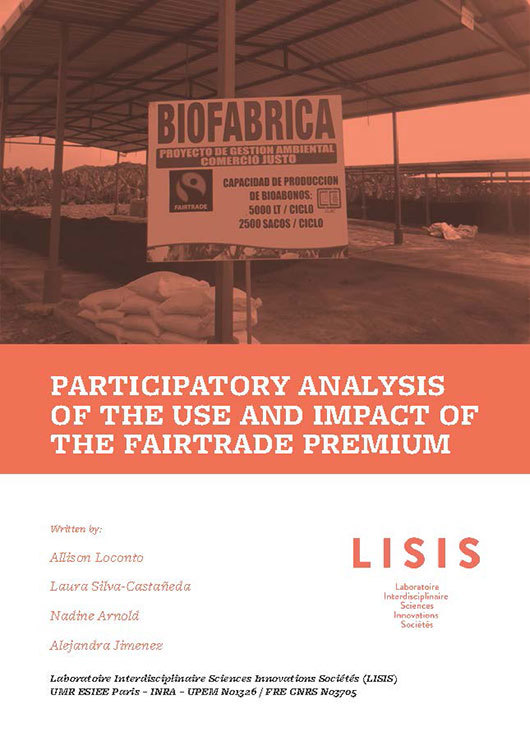Participatory analysis of the use and impact of the Fairtrade Premium
Published: 18 Feb 2019

Researchers from LISIS conducted a mixed-methods-based study to analyze how the Fairtrade Premium has been used by Fairtrade organizations and how it generates benefits for Fairtrade producers and their communities.
Five cases were explored: a coffee/cocoa small-scale producer organization (SPO) in Peru, a cocoa SPO in Côte d'Ivoire, a banana SPO in Ecuador, a banana SPO in Peru and a flower plantation in Kenya. Using a combination of analysis of data from literature and the case studies, the researchers looked at four characteristics of Fairtrade Premium – use, participation, accountability, and function – as well as barriers and enablers for effective Premium use. Finally, the researchers analysed the pathways from Premium investment to six Fairtrade impacts (related to income, gender equality, environmental sustainability, dignity and voice for producers, transparency, and fairness and sustainability of business practices, policy and societal norms).
The study provides insights that can enable farmers and workers to make transparent and informed decisions about their Premium use.